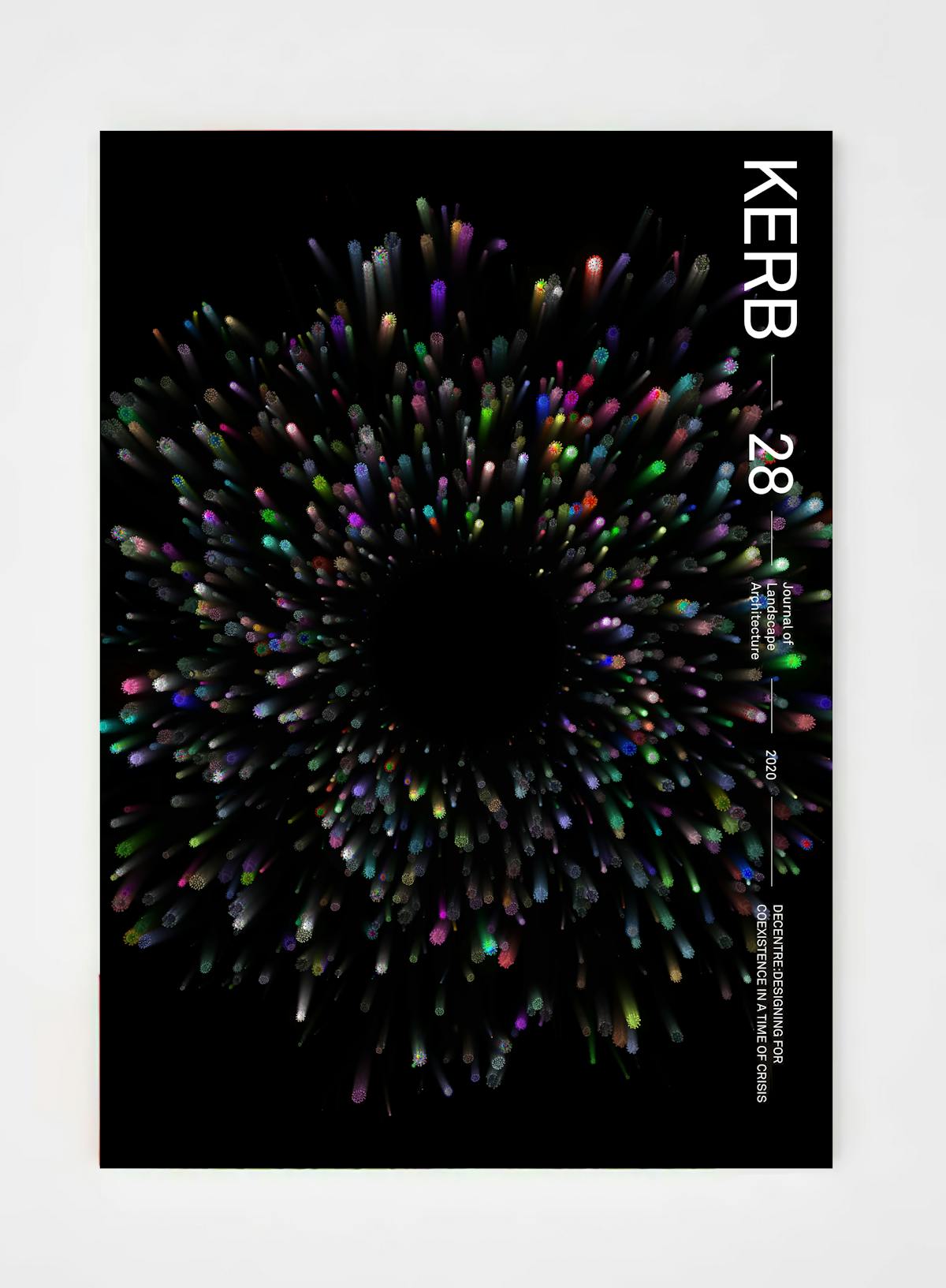
Everything is Entangled, Artwork by Alex Breedon
Consider a very small thing. It doesn’t have to be super super small, like a subatomic particle or anything—it seems that quantum-theoretical phenomena apply to macro scale things, too. Take a tiny mirror, for example, at near to absolute zero in a vacuum: isolated, to all intents and purposes. I say “near to absolute zero” because for quantum theory, everything has a frequency. There are no neutral transparent oceans of energy out there. This is great news for feminism and anti-racism: there is no “unmarked” gender, as feminism likes to argue; there is no “transparent” aka white race exempted from having a specific colour. It seems as if physics is on our side. There is only green energy, blue energy, red energy, violet energy… So that tiny mirror isn’t still. It’s vibrating, but it’s not being pushed. It’s shimmering. This is what is known as the “ground state” of a thing. When you add some energy to it, it seems to (the jury is currently out) become a “classical,” in other words mechanical, entity that can be pushed and push. Yet it seems as if there is a continuum between a thing in its ground state and a thing that’s behaving “classically”—you just add more energy to it, you don’t totally change its reality. Its ontology. Consider what is called prose. It’s writing in its ground state, barely shimmering…you can add more consistency, such as rhythm and rhyme, and it seems to become something different, something called poetry. But poetry is just an intensified kind of prose. Stars are just intensified globs of spacetime. Strong, positive imagery is just intensified visualisation. What does that last analogy mean? “The cat sat on the mat”—that’s a clear strong image. It’s “hot.” Doesn’t mean the image is more powerful than a weak one: “Imagine a life form, sitting on something…the sound of a miaow.” The latter is how you write a haiku. It’s powerful. The aesthetic effect is called yugen in Japanese, the evocation of mysterious depth; of something that cannot be objectified. You suggest a thing. The extreme is what in European rhetoric is called apophasis: saying something by not saying it. The English Jedi mind trick, “Not too bad,” in answer to the question, “How are you doing?” could mean anything. I feel quite bad. I feel quite good. I feel so bad I can’t describe it to you. I feel so good I’m embarrassed to describe it to you. The phrase makes you visualise—I prefer “sensualise” because all that talk of images and visualising is so ocularcentric. “Don’t think of a pink elephant” makes you visualise a pink elephant.”
